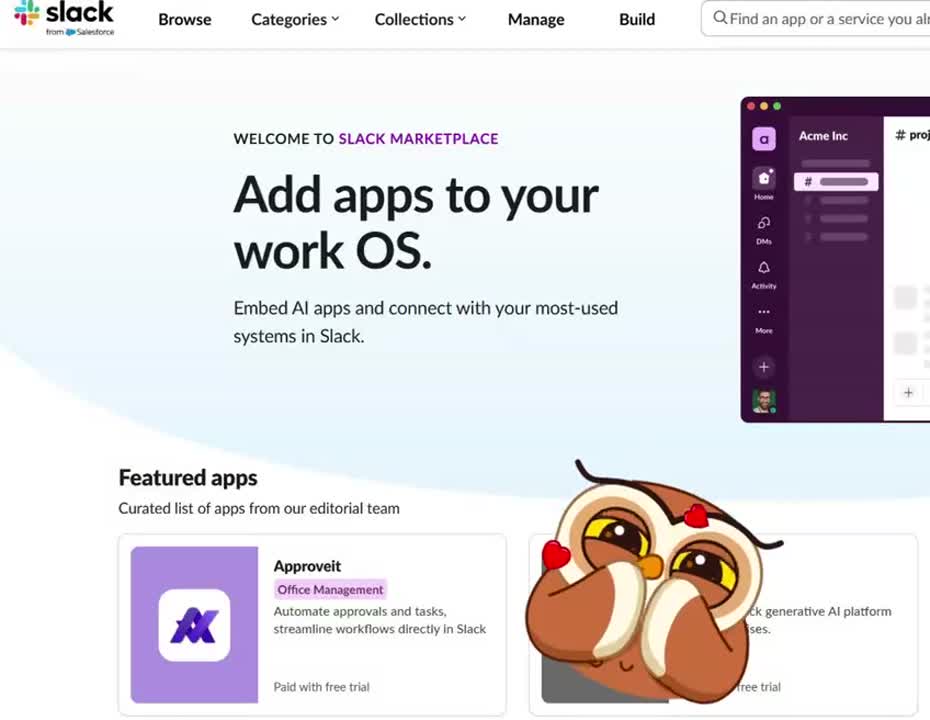
HR Automation: The Future of Human Resources Management
The landscape of Human Resources (HR) is evolving rapidly, with technology reshaping the way organizations approach hiring, management, and employee engagement. Amidst these changes, hr automation https://approveit.today/hr-automation emerges as a powerful tool that can lead to increased efficiency, reduced administrative burdens, and enhanced employee experience. In this article, we will explore what HR automation is, its benefits, implementation challenges, and the future landscape of HR management.
What is HR Automation?
HR automation refers to the use of technology to streamline and automate HR processes. This encompasses a wide range of functions, from recruitment and onboarding to performance management and payroll processing. The goal of HR automation is to minimize manual intervention in repetitive tasks, allowing HR professionals to focus on strategic, high-value activities.
The Different Types of HR Automation
Several key areas within HR can benefit from automation, including:
- Recruitment Automation: Automating job postings, candidate tracking, and communication helps speed up the hiring process.
- Onboarding Automation: Streamlining the onboarding process ensures a consistent experience for new hires, making it easier for them to adapt to their new roles.
- Payroll and Benefits Administration: Automating payroll calculations, tax withholdings, and benefits enrollments reduces errors and saves time.
- Performance Management: Creating automated performance review processes allows for real-time feedback and easier tracking of employee goals.
- Employee Self-Service Portals: Allowing employees to manage their personal information, benefits, and leave requests through self-service portals enhances overall satisfaction.
Benefits of HR Automation
Implementing HR automation can lead to numerous advantages for businesses:
- Increased Efficiency: Automation reduces time spent on administrative tasks, allowing HR teams to focus on strategic initiatives.
- Cost Savings: With reduced manual processing and fewer errors, businesses can save both time and money in HR operations.
- Improved Accuracy: Automation minimizes human error in processes such as payroll and data entry, leading to more reliable outcomes.
- Enhanced Compliance: Automated systems help ensure compliance with labor laws and regulations, reducing the risk of costly penalties.
- Better Employee Experience: By streamlining processes and improving communication, organizations can boost employee satisfaction and retention.
Challenges in Implementing HR Automation

Despite its many advantages, implementing HR automation is not without challenges. Some of the common hurdles organizations face include:
- Resistance to Change: Employees may be hesitant to adopt new technologies, fearing job losses or a reduction in personal interaction.
- Integration Issues: Integrating new automated systems with existing technologies can be complex and require substantial resources.
- Data Security Concerns: With automated systems handling sensitive employee information, organizations must prioritize data protection measures.
- Cost of Implementation: Initial setup costs and ongoing maintenance of automated systems can be a concern for some businesses.
Steps to Successfully Implement HR Automation
To navigate the challenges of automation and ensure a successful implementation, organizations can follow these steps:
- Identify Processes to Automate: Assess current HR workflows to determine which processes would benefit most from automation.
- Choose the Right Technology: Selecting a platform that aligns with your organization’s specific needs is crucial for successful automation.
- Involve Stakeholders: Engage HR teams, employees, and other stakeholders in the automation process to foster buy-in and ease the transition.
- Train Employees: Providing training on the new systems will help employees feel more comfortable and reduce resistance to change.
- Evaluate and Adjust: After implementation, continually monitor the effectiveness of the automated processes and make adjustments as needed.
The Future of HR Automation
As technology continues to advance, the future of HR automation looks promising. Trends such as artificial intelligence (AI), machine learning, and data analytics are expected to play a significant role in evolving HR practices. These advancements will allow for even greater personalization in employee experiences and more informed decision-making through predictive analytics.
Companies that embrace HR automation will likely find themselves better positioned to adapt to the changing workplace landscape, fostering productivity, engagement, and overall organizational success.
Conclusion
HR automation represents a significant opportunity for organizations looking to enhance their HR functions. By strategically implementing automation, businesses can not only improve efficiency and accuracy but also create a more positive experience for employees. As we move into the future, those who harness the power of technology will undoubtedly lead the way in creating dynamic and effective workplaces.
